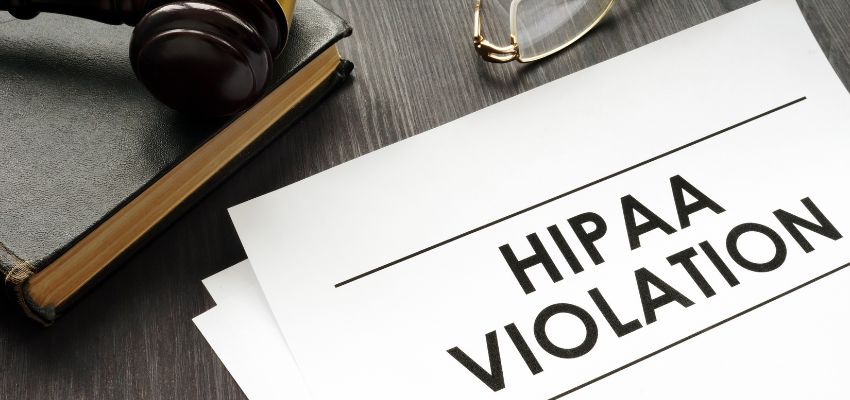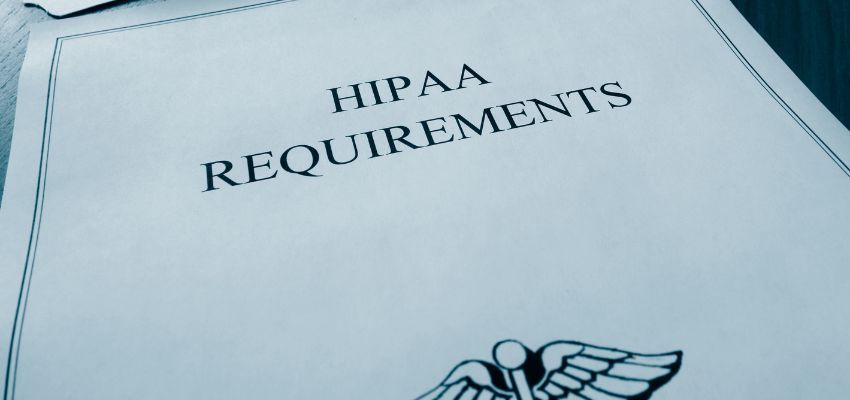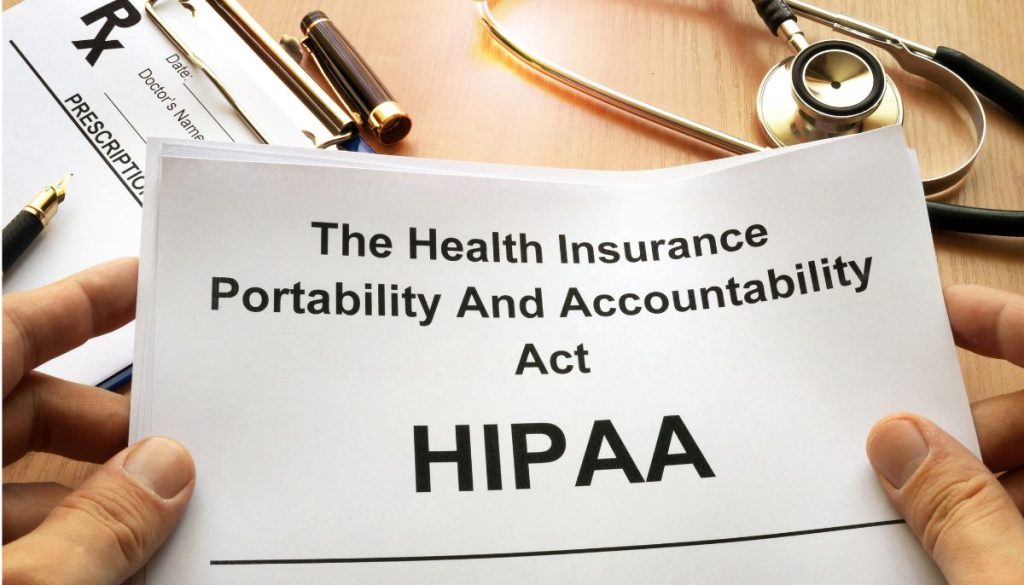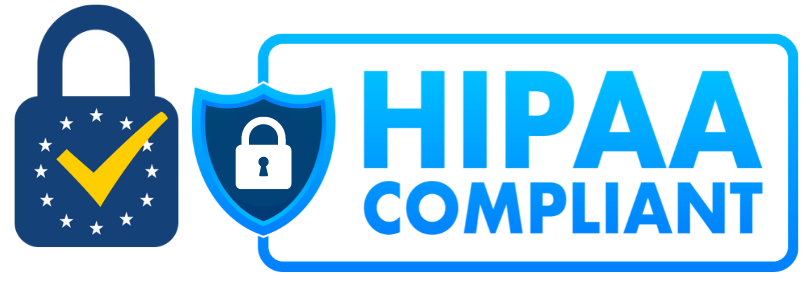Avoiding a HIPAA Violation: Tips for Secure Data Handling
A single HIPAA violation can cost more than money, it can damage trust, reputation, and even careers. From accidental disclosures to poor data security, HIPAA violation examples are everywhere, and the fines can be staggering.
But what is a HIPAA violation, really, and how can you avoid one? Whether you’re a healthcare provider, business associate, or staff member handling sensitive data, understanding these rules is non-negotiable.
This guide explains how to keep patient information safe and private. You will learn how to stop mistakes that can cost a lot of money. It also tells you when to call a HIPAA violation lawyer for help.
What Is a HIPAA Violation?
A HIPAA violation occurs when protected health information (PHI) is accessed, disclosed, or handled in a way that violates the Health Insurance Portability and Accountability Act. This can be intentional, like snooping on a patient’s record, or accidental, such as emailing PHI to the wrong person.
Knowing exactly what is a HIPAA violation is the first step toward prevention. It’s more than just a legal breach, it’s a trust violation between provider and patient. Whether it’s a small oversight or a major security lapse, each incident can lead to HIPAA violation fines, lawsuits, and lasting reputational harm.

Common HIPAA Violation Examples
Even small mistakes can cause big problems with HIPAA rules. Examples include leaving files unlocked, sending emails without protection, or talking about patients in public. Losing devices with patient info or not logging out of computers can also break the rules.
The most overlooked cause? Poor training, staff who don’t understand compliance rules are far more likely to slip up. Every example reinforces the same truth, violations don’t just happen in malicious hacks, they often happen in the everyday workflow.
Recognizing these patterns early helps organizations close gaps before they lead to damaging penalties.
HIPAA Violation Fines and Penalties
HIPAA violation fines aren’t small change, they can reach millions depending on severity, intent, and corrective action. The Department of Health and Human Services (HHS) uses a tiered penalty structure, starting from $100 per violation for unknowing breaches up to $50,000 per violation for willful neglect without correction.
Beyond fines, organizations risk public reporting of the breach, lawsuits, and lost patient trust. The cost isn’t just financial; it’s reputational. Prevention costs far less than paying penalties, and a well-trained workforce is the most cost-effective insurance policy against a compliance disaster.

How to Avoid a HIPAA Violation
Preventing HIPAA violations requires a proactive approach. First, implement strict access controls, only those who need PHI should see it. Encrypt all electronic PHI (ePHI), secure devices, and monitor data transfers. Conduct regular staff training to refresh knowledge on privacy rules, and use simulated drills to test readiness.
Have a clear breach response plan so small errors don’t escalate. Most importantly, create a culture of compliance where every team member feels responsible for data protection. Following these steps won’t just help avoid fines, it builds patient trust, which is the most valuable asset any healthcare provider can have.
When to Contact a HIPAA Violation Lawyer
At other times, no matter how much you strive to prevent it, a data breach occurs. That is where the help of a HIPAA violation lawyer comes in. Attorneys can facilitate compliance with breach notifications that are required, negotiate with authorities, and minimize possible fines.
They may also be sourced to advise on internal investigations, employee discipline and update in policies to curb the incident occurrences. The right attorney is not just someone who deals with damage control but also bolsters your compliance posture moving forward.
Take no chances of a violation. The faster and earlier you get a legal advice, the greater the benefit in averting a negative financial and repute impact.
FAQs
What is the best way to prevent a HIPAA violation?
The best way to prevent a HIPAA violation is to keep patient information private and safe. Only share it with people who are allowed to see it. Follow rules for handling medical records, and always use strong passwords and locked files.
What is one way to avoid a HIPAA fine related to a data breach?
One way to avoid HIPAA violation fines is to encrypt all electronic records. This makes the data unreadable to anyone without permission. Even if the files are stolen, the information stays safe.
What are the three major security safeguards in HIPAA?
HIPAA has three main safeguards: administrative, physical, and technical. Administrative means having clear rules and training. Physical means locking up paper files and computers. Technical means using passwords, encryption, and secure networks.
What is the best way to securely store confidential medical information ensuring protection against unauthorized access?
The best way is to use secure, password-protected systems with encryption. Keep paper files in locked cabinets. Only let trained staff handle the information.
How do you ensure that confidential data is stored securely?
To keep data secure, use strong passwords, lock storage areas, and encrypt files. Limit who can see the information. Check security often to make sure it’s still safe.
Final Thoughts
Keeping patient information safe is not just a law, it’s a promise of trust. A HIPAA violation can lead to significant fines, job loss, and damaged reputations. By using strong passwords, locking files, and training staff, you can avoid mistakes. Always check your systems and fix problems fast.
Tools also make a big difference. That’s why companies like AiSign help with secure, HIPAA-compliant document signing. With advanced security and easy-to-use features, you can share and sign important papers without risk.
Protecting health data keeps your patients safe and keeps your business strong.
Try AiSign Free For 30 Days, No Credit Card Required
Experience ease and efficiency in managing your business contracts. Our platform lets you create contracts with AI-powered tools, send and sign documents online, and more. Say goodbye to paperwork complexities and enjoy streamlined workflows. AiSign’s tools are designed for freelancers, small businesses, and large corporations. Sign up today for a free 30-day trial.

About The Author
Julie Fortuna is a talented writer for AiSign, specializing in simplifying complex ideas. With a flair for clear and engaging communication, Julie helps readers understand the latest strategies and trends.





